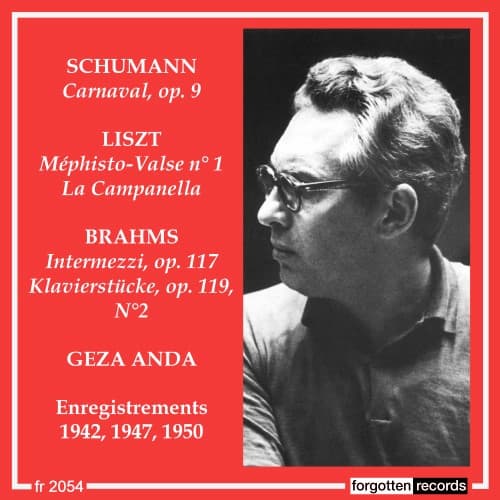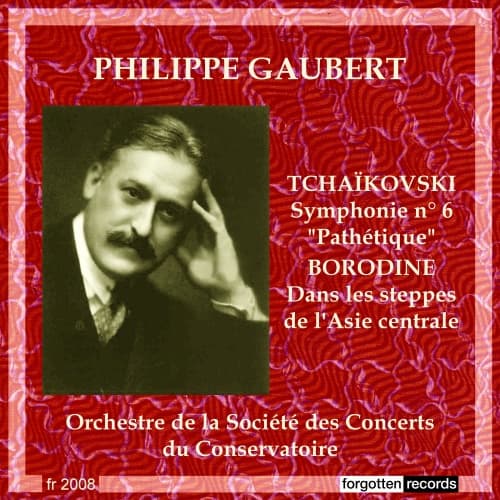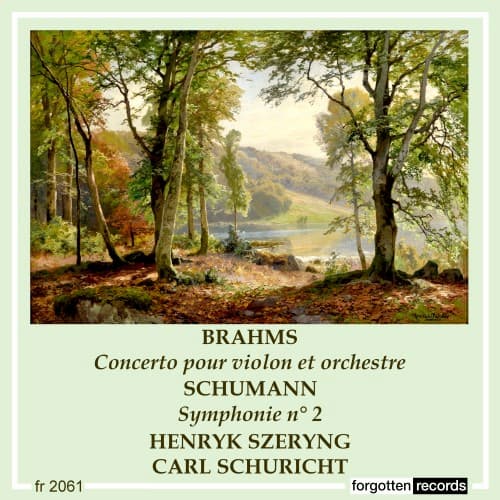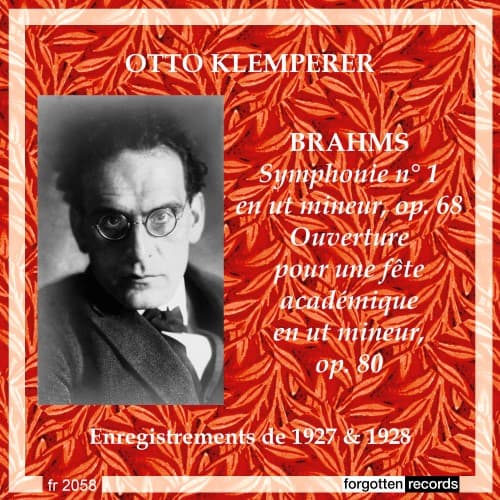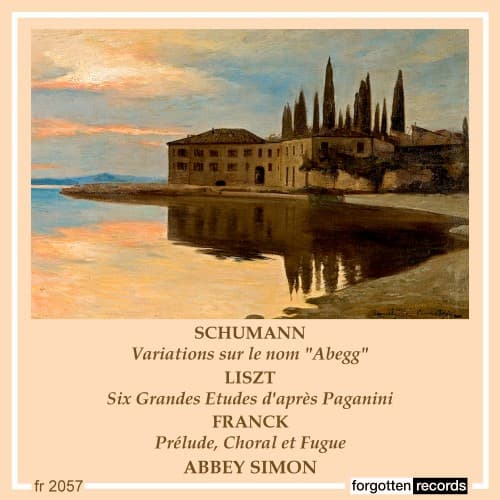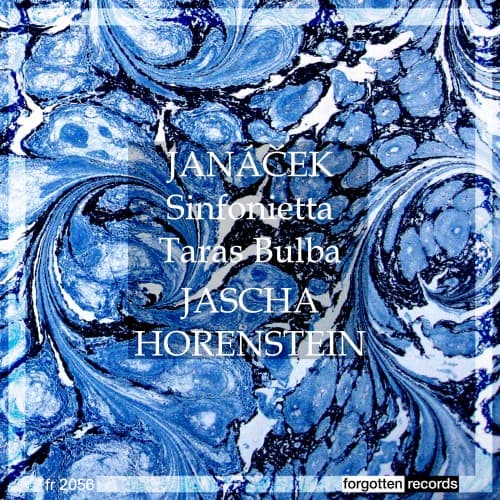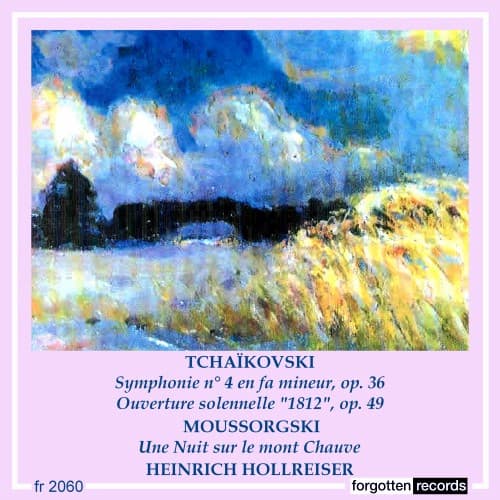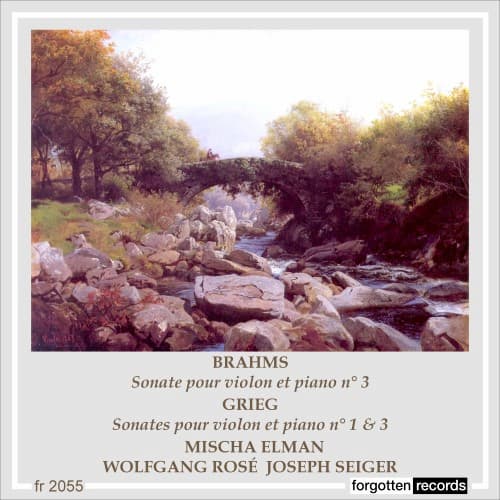Hungarian pianist Géza Anda (1921–1976) did his first studies with Ernst von Dohnányi and Zoltán Kodály at the Franz Liszt Academy in Budapest. In 1940, Anda won the Liszt Prize and then made his debut with the Budapest Philharmonic and
Forgotten records
Program music, music written to a pre-existing storyline, was at the centre of the battle with absolute music, music written for the sake of music. Nonetheless, program music is something that, for many people, gives them a way to negotiate
Johannes Brahms (1833–1897) first started working on a violin concerto in 1878, intending to write a 4-movement work. He sent his first drafts to his friend and the dedicatee, the violinist Joseph Joachim, in August 1878 and asked him to
Brahms’ honorary doctorate in 1879 from the University of Breslau described him as ‘artis music sevioris in Germanic nuns princeps’ or ‘the foremost composer of serious music in Germany’. You can imagine the problem that Wagner had with that commendation!
Robert Schumann (1810–1856) made wide use of imaginary characters, which he imbued with distinctive characteristics, to extend the meaning of his piano works. His most famous, of course, are Florestan and Eusebius, who stood for the two sides of his
The craze for nationalism that swept 1920s Europe was a time for composers to nail their national colours in music. Leoš Janáček’s 1926 Sinfonietta was an ode to Czechoslovakia. The country was created in 1918 after the collapse of the
Led by the nationalism of Mily Balakirev (1837-1910), the Mighty Handful were a group of dilettantes who deliberately kept out of the academic circles of the St Petersburg Conservatory and were starting to write their own music. That included Nikolai
Edvard Grieg (1843–1907) viewed his three violin sonatas as representative of his development as a composer. The first (1865) was the young naïve composer, the second (1867) was his nationalistic phase, and the third (1887) represented a wider outlook. This

